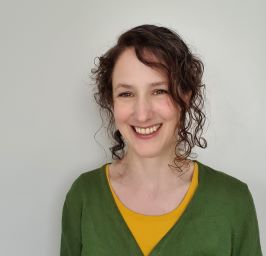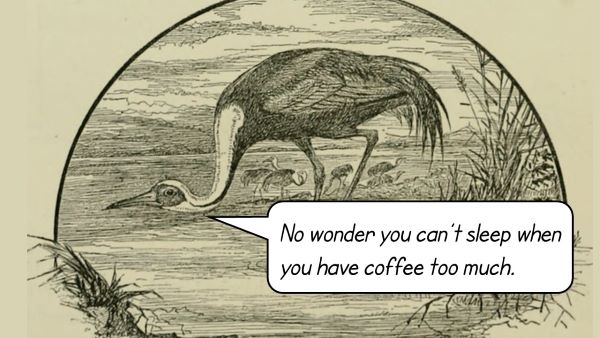Konglish usually refers to words and terms of English origin in use in Korean, but it is also used to describe the way Korean people speak English.
Features of Korean English:
Phonological features (accent)
– English voiceless stops adapted as Korean aspirated stops;
– /s/ in non‐preconsonantal position systematically adapted as the Korean fortis fricative [ss];
– /l/ realized as /l/ or /r/
Grammatical features
– an indefinite article in front of uncountable nouns (Although it is a hard work, I enjoy it.)
– booster expression tends to be placed after the noun it modifies (No wonder you can’t sleep when you have coffee too much.)
– Mixing present simple with present continuous, and past perfect with simple past.
– Using “it” instead of “he” or “she” (It is managing Justin Bieber).
Vocabulary
territory – area
talent – a television actor
exact – proper or accurate
hunting – attempting to pick up women or men
Resources for Korean English:
Chapter 25, English in Korea, by Jamie Shinhee Lee, in Bolton, K., Botha, W., & Kirkpatrick, A. (Eds.). (2020). The Handbook of Asian Englishes. John Wiley & Sons.
This is where I got the above information from. A very readable chapter, an excellent first stop for anyone interested in Korean English.
Here is a fun list of English loanwords in Korean, here’s another one, and you can just google “Konglish” for more
Notable Academics in the field:
(This is by no means a complete list!!)
Jamie Shinhee Lee
Jae Jung Song
Rosa Jinyoung Shim
Example video of Korean English
Other stuff
There are two films called Konglish, one from 2020 about an American English teacher in Korea (trailer here), and one student production from 2006 about an American teenager of Korean descent dealing with his strict parents. Trailer here, full video here. It goes on a bit, but the lead is a surprisingly good actor!
With thanks to linguistics scholar Ian Schneider for his tips and help!

Heddwen Newton is an English teacher and translator. She is fascinated by contemporary English and the way English changes. Her newsletter is English in Progress. 1100 subscribers and growing every day!
